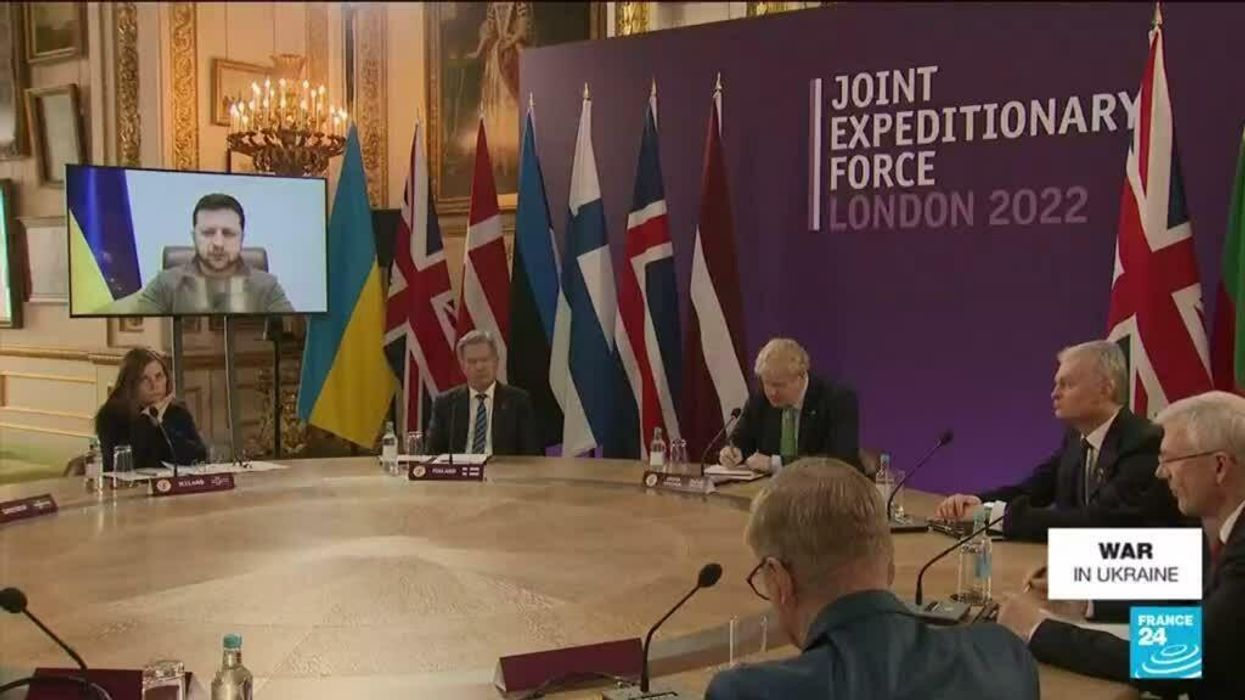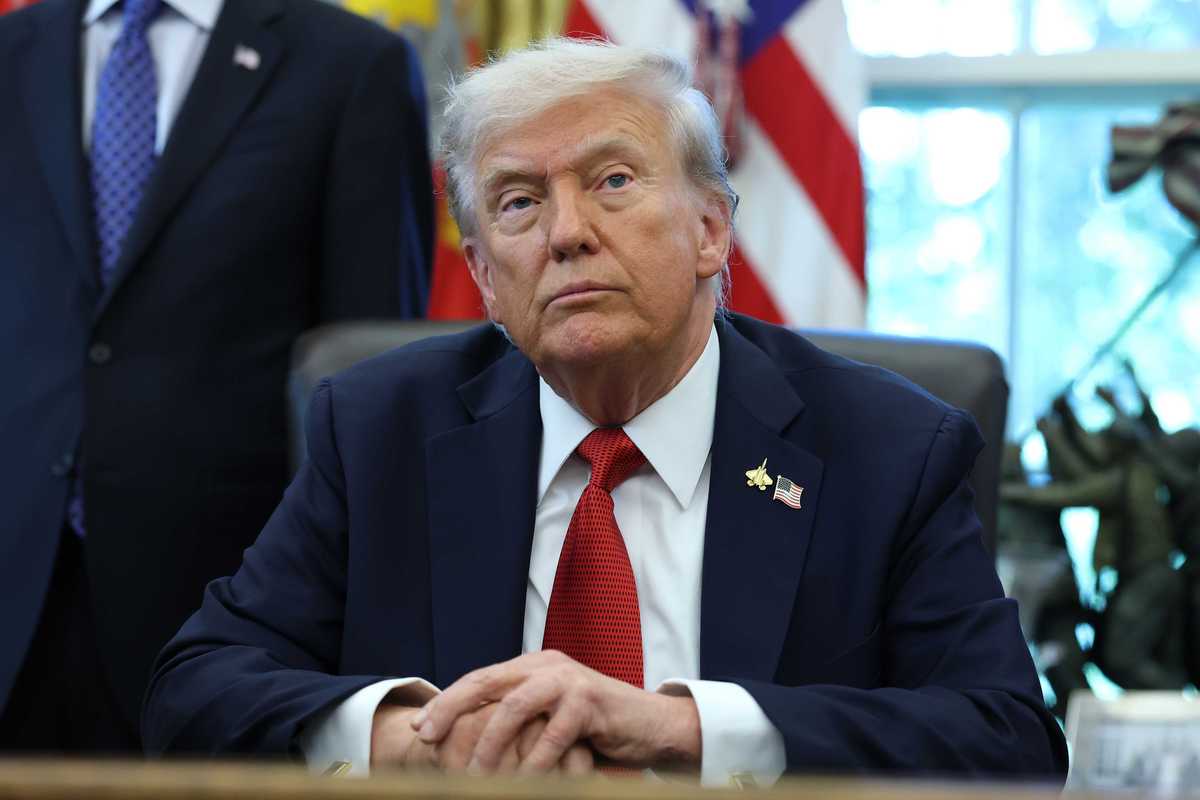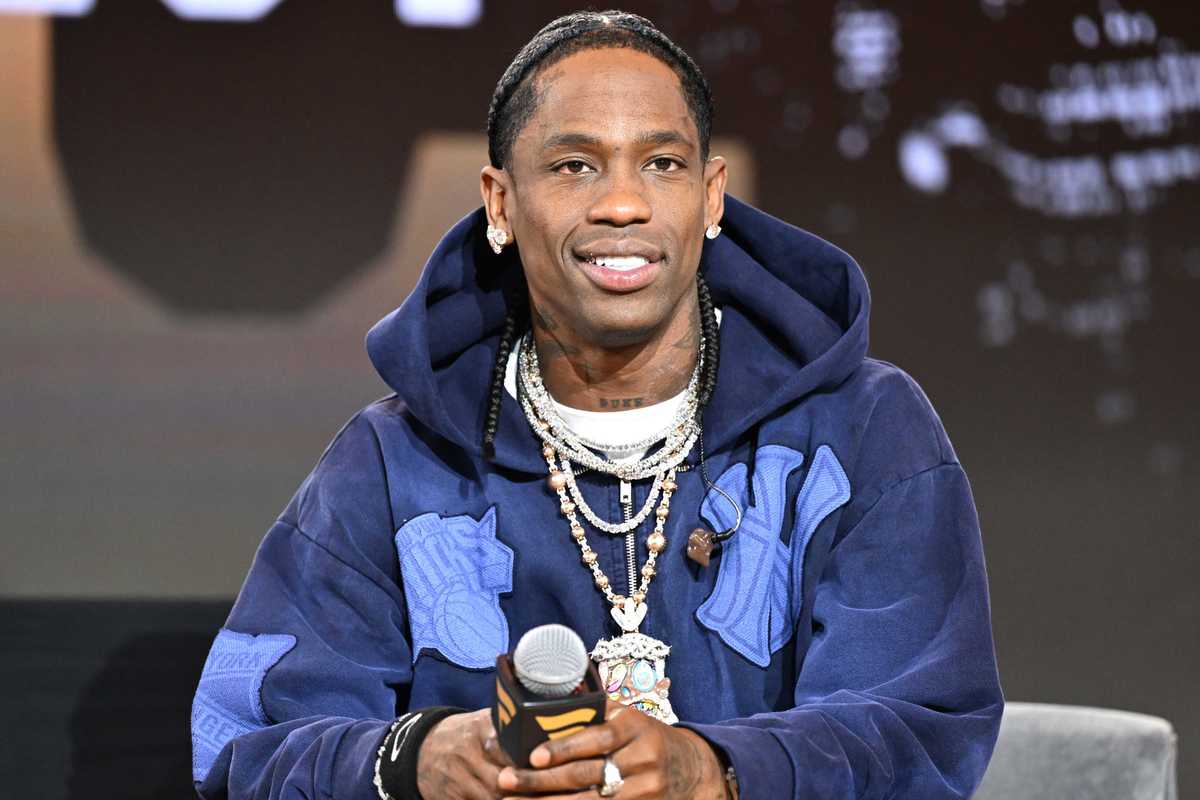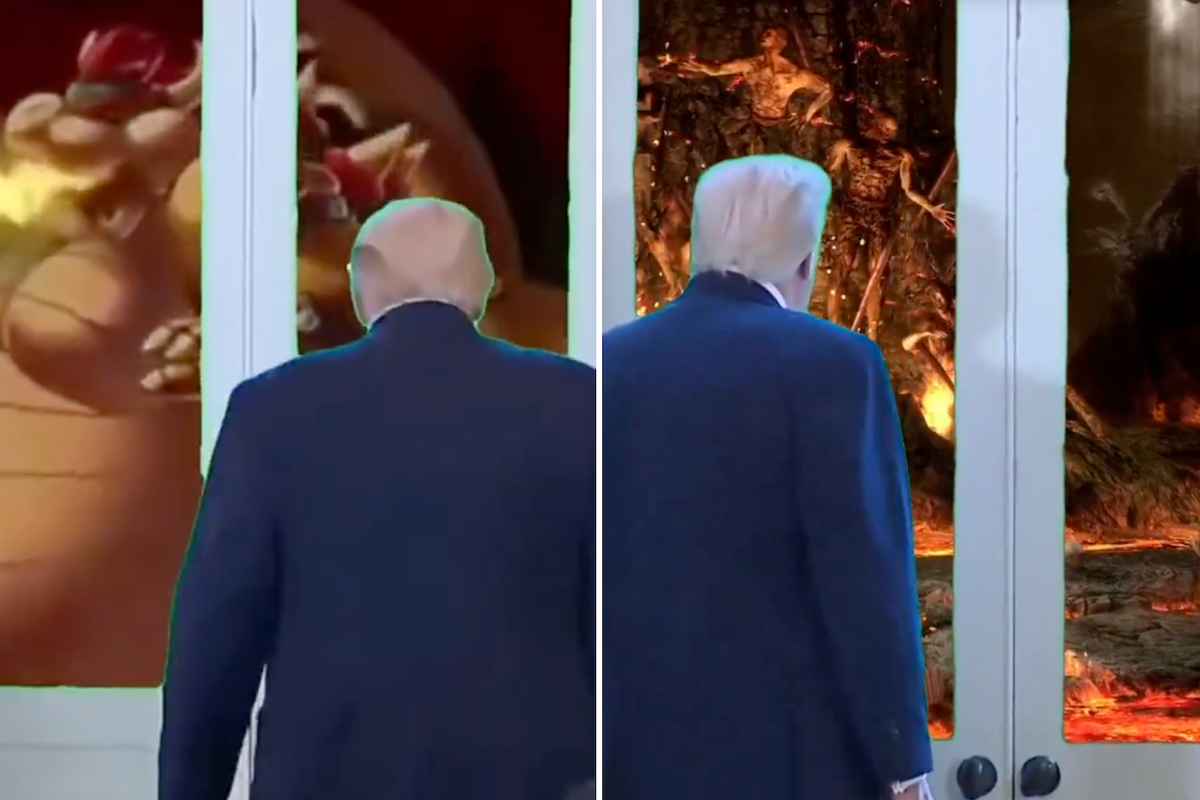Despite Volodymyr Zelensky consistently asking for Nato protection during the war, he has now said Ukraine should accept it will not become a member of the alliance.
The Ukrainian president, who has been applauded for his bravery and conduct since Russia's deadly invasion, spoke out in a video message on Tuesday.
Speaking to military officials of the UK-led joint expeditionary force, Zelensky said: "Ukraine is not a member of Nato. We understand that. We have heard for years that the doors were open, but we also heard that we could not join. It's a truth and it must be recognised."
This was the first time Zelensky has conceded that Kyiv will not join the alliance.
Before Russia launched a "full-scale attack" on Ukraine three weeks ago, Russian president Vladamir Putin demanded that Ukraine would never become a Nato member. Putin has always strongly opposed Ukraine joining Nato, seeing it as a threat.
What is Nato?
Founded in April 1949, the North Atlantic Treaty Organisation is made up of 30 countries with headquarters in Brussels, Belgium. Nato originated from the Treaty of Dunkirk, signed by the UK and France in 1947. It was primarily an alliance against a possible German or Soviet Union attack in the wake of WW2.
Sign up to our free Indy100 weekly newsletter
It's a collective agreement to mutual defence whereby each member responds to an attack by any external party. It may also ally with external forces. They aim to help maintain freedom and security through political and military means.
Here are the Nato countries:
- Albania (2009)
- Belgium (1949)
- Bulgaria (2004)
- Canada (1949)
- Croatia (2009)
- Czech Republic (1999)
- Denmark (1949)
- Estonia (2004)
- France (1949)
- Germany (1955)
- Greece (1952)
- Hungary (1999)
- Iceland (1949)
- Italy (1949)
- Latvia (2004)
- Lithuania (2004)
- Luxembourg (1949)
- Montenegro (2017)
- Netherlands (1949)
- North Macedonia (2020)
- Norway (1949)
- Poland (1999)
- Portugal (1949)
- Romania (2004)
- Slovakia (2004)
- Slovenia (2004)
- Spain (1982)
- Turkey (1952)
- United Kingdom (1949)
- United States (1949)
Could Ukraine join Nato?
Ukraine is not a Nato member but is one of their "enhanced opportunity partners." This title is given to nations that have "made significant contributions to Nato-led operations and missions."
For a country to join Nato, they have to be approved by all 30 members and factors such as "unresolved external territorial disputes" have to be considered. In the past, France and Germany have been apprehensive about Ukraine joining – though recent events have altered the situation.
How can a country join Nato?
A Nato membership is open to "any other European state in a position to further the principles" of its treaty and to "contribute to the security of the North Atlantic area" – but they must follow a Membership Action Plan (MAP) set out by the organisation. This involves political, economic, defence, resource, security and legal aspects.
MAP helps "aspiring members prepare for membership and meet key requirements by providing practical advice and targeted assistance", but it can be an incredibly lengthy process. For instance, it took North Macedonia 20 years to complete the plan before joining Nato in 2020.
Russia doesn't want Ukraine to join Nato, why?
Vladamir Putin is vehemently opposed to Ukraine joining Western alliances.
Simply put, Putin sees it as a threat to Russian borders, as five other Nato countries currently border Russia after former Soviet states Latvia, Estonia and Lithuania became members.
Last year, the Russian leader said Russia would seek "reliable and long-term security guarantees" from the US and its allies "that would exclude any further Nato moves eastward and the deployment of weapons systems that threaten us in close vicinity to Russian territory".
Later in February, Putin called Ukraine "not only colleagues, friends and people who once served together, but also relatives, people bound by blood, by family ties."
"Ukraine is an inalienable part of our own history, culture and spiritual space," he said during a televised statement. "These are our comrades, those dearest to us – not only colleagues, friends and people who once served together, but also relatives, people bound by blood, by family ties."
–
US president Joe Biden announced that he would meet Nato leaders in Brussels next week. At the same time, Nato secretary-general Jens Stoltenberg made another warning that Russia could use chemical weapons in the conflict.
Responding to the Ukrainian president's comments, Boris Johnson's official spokesperson said: "What's important that is it is for the Ukrainian government to decide what they think is suitable. They should have no decisions imposed upon them.
"Certainly, we do want a peaceful solution to be reached but it must be on terms the Ukrainian government agree to and they should not be forced into it. It remains the prime minister's view that Nato membership is the right of democratic countries, but it's for those countries to decide."
The Independent has a proud history of campaigning for the rights of the most vulnerable, and we first ran our Refugees Welcome campaign during the war in Syria in 2015. Now, as we renew our campaign and launch this petition in the wake of the unfolding Ukrainian crisis, we are calling on the government to go further and faster to ensure help is delivered.
- To find out more about our Refugees Welcome campaign, click here.
- To sign the petition click here.
- If you would like to donate then please click here for our GoFundMe page.
Have your say in our news democracy. Click the upvote icon at the top of the page to help raise this article through the indy100 rankings.














